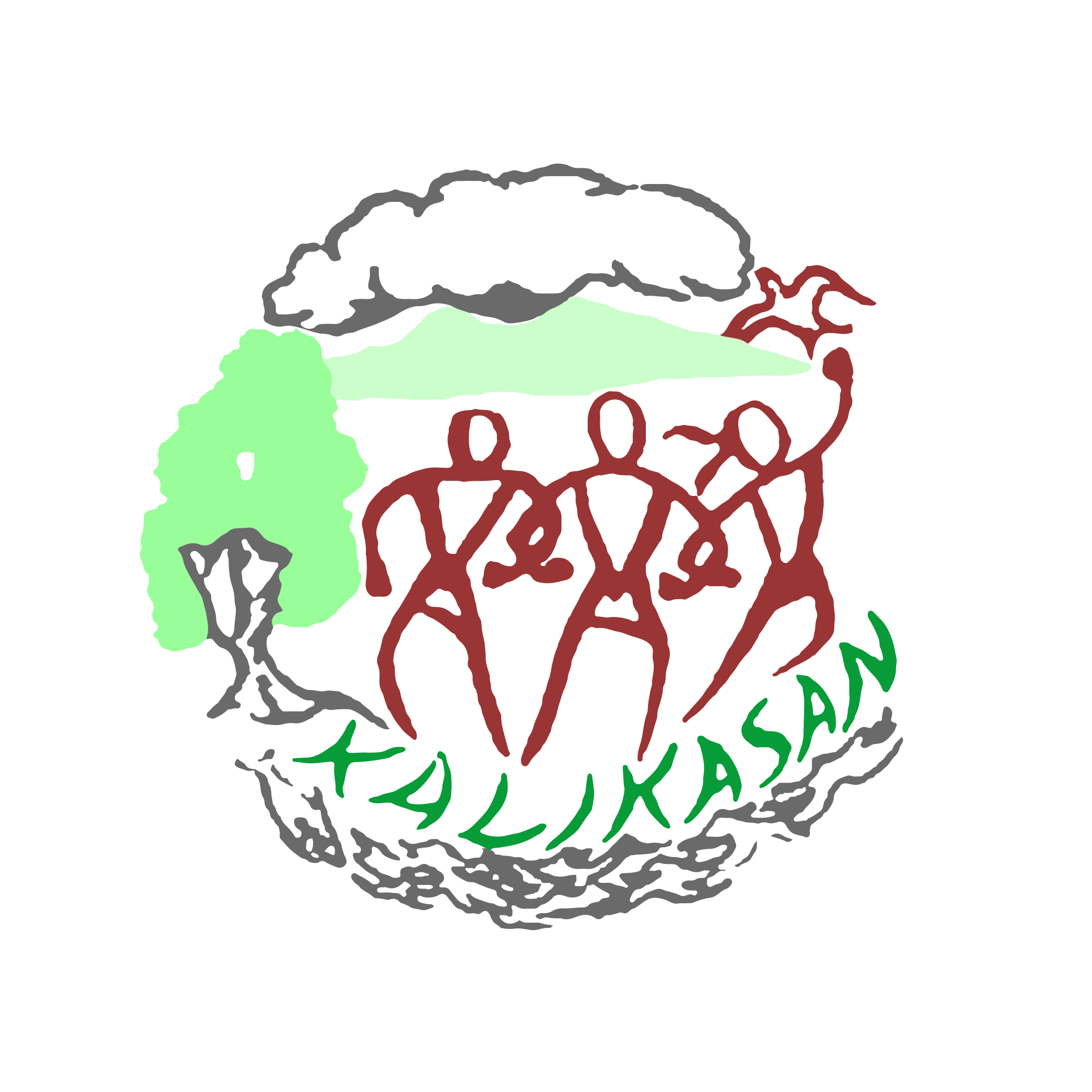The unprecedented Australian bush fires is the strongest warning yet that the impacts of climate change we thought we will be facing 20 or 50 years later is already a catastrophic reality today.
Over six million hectares of bushland, forests and parks have been razed. Half a billion mammals, birds, and reptiles have perished. Thousands of people have been forced to evacuate. As Australia enters its drier months, wildfires are expected to intensify further.
We are in solidarity with the people of Australia as they continue to confront these climate change-driven conflagrations. We stand especially with the Filipino migrant communities that are affected by the fires and haze.
While Australia’s bushfires are a regular seasonal phenomenon, the Garnaut Climate Change Review in 2008 already predicted that the shift in fire weather patterns and intensity would be directly observable this year. Public authorities had more than a decade’s worth of head start to address these risks but willfully ignored the warnings.
The Philippines must quickly learn lessons from the Australian fires, and the Amazon fires, Greenland ice melts, and our very own Super Typhoon Haiyan before that. As a consistent ranker in the world’s most climate vulnerable countries, we are very much prone to both slow-onset and sudden climate shocks.
The latest IPCC report projecting scenarios within the targeted 1.5 ºC global warming ‘safe’ limit already shows that very high risks of coral reef degradation and polar icecap melting, and high risks of coastal flooding and fisheries depletion can already be expected with high confidence within the next 11 years.
The clock is ticking for the Philippines as our archipelagic country is very much exposed to these climate impacts.
It is thus high time that Congress declares a Climate Emergency over the Philippines. It must convene frontline communities, local governments, and civil society to thresh out a climate resilience package of programs to adapt our communities and their environs to the impending consequences of the climate crisis.
It must also include a moratorium on coal fired power plants and a just transition towards clean and renewable energy to wean our country’s development pathway from climate change-inducing greenhouse gas emmissions.
A Climate Emergency Declaration must also create mechanisms to hold accountable the world’s current and historic top polluters. The landmark report of the Commission on Human Rights’ Inquiry into the human rights accountability of the world’s top carbon major companies can be a starting point in demanding climate justice from these climate criminals.
The climate emergency can no longer be put into the political back burner by world leaders, including President Rodrigo Duterte. Our world, as we have seen in Australia, will literally burn down if we don’t act now.#
